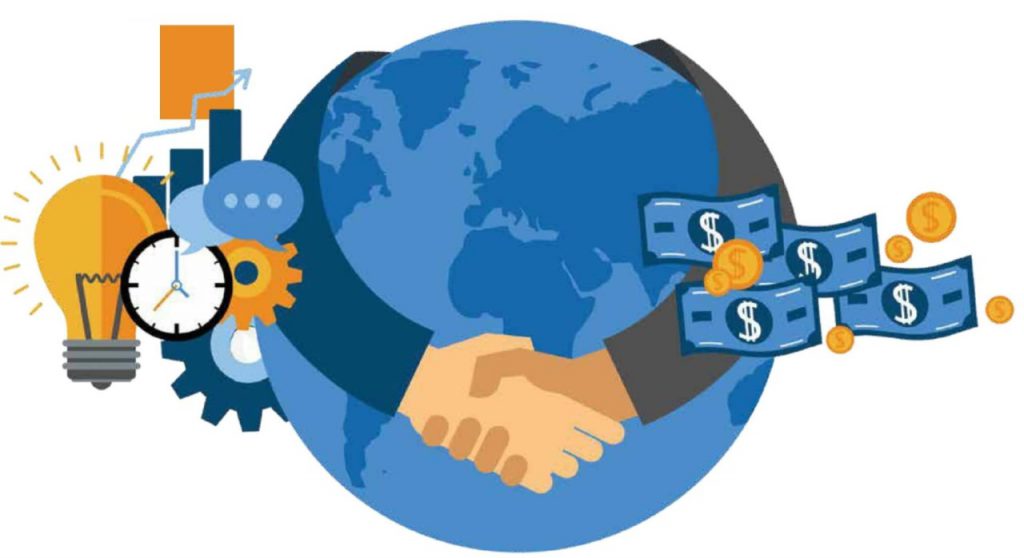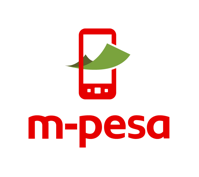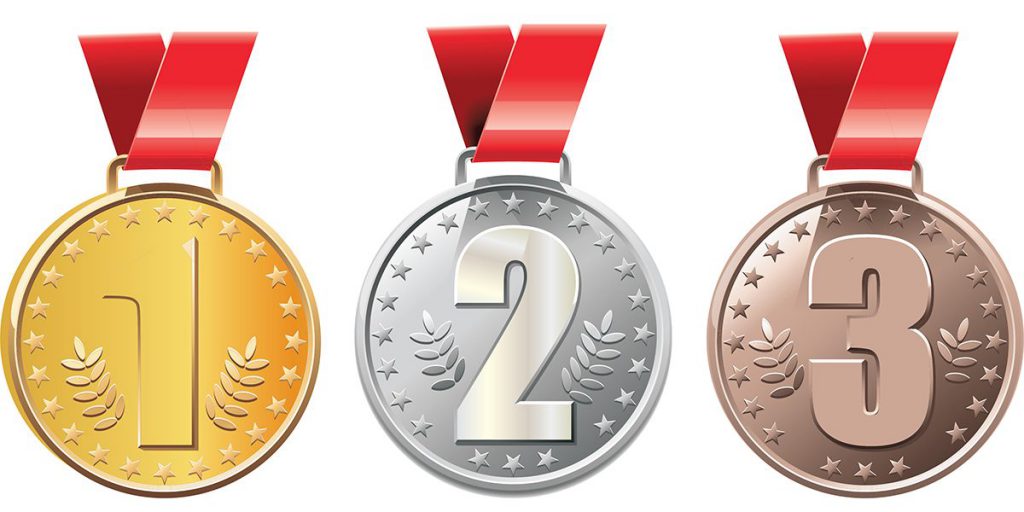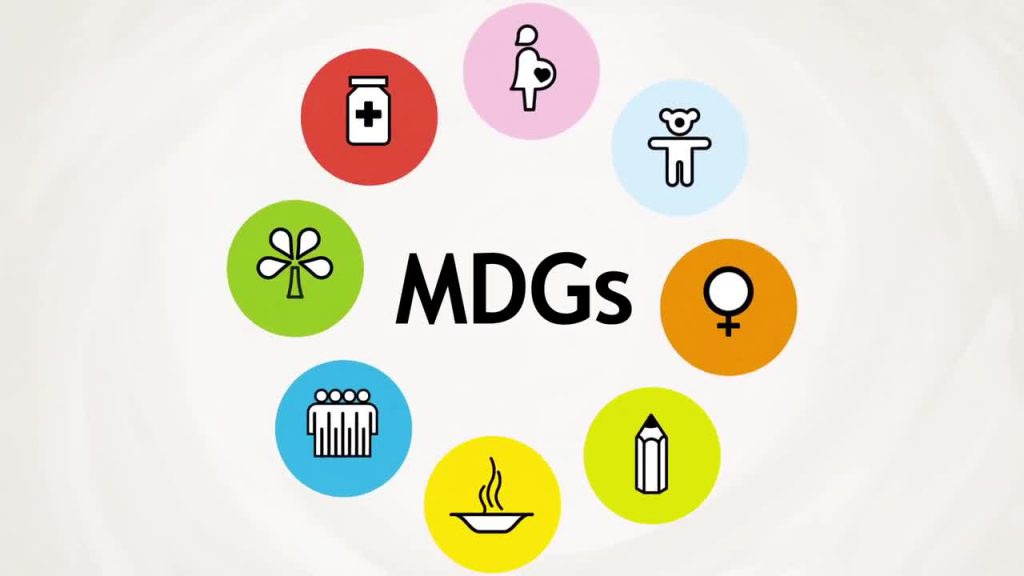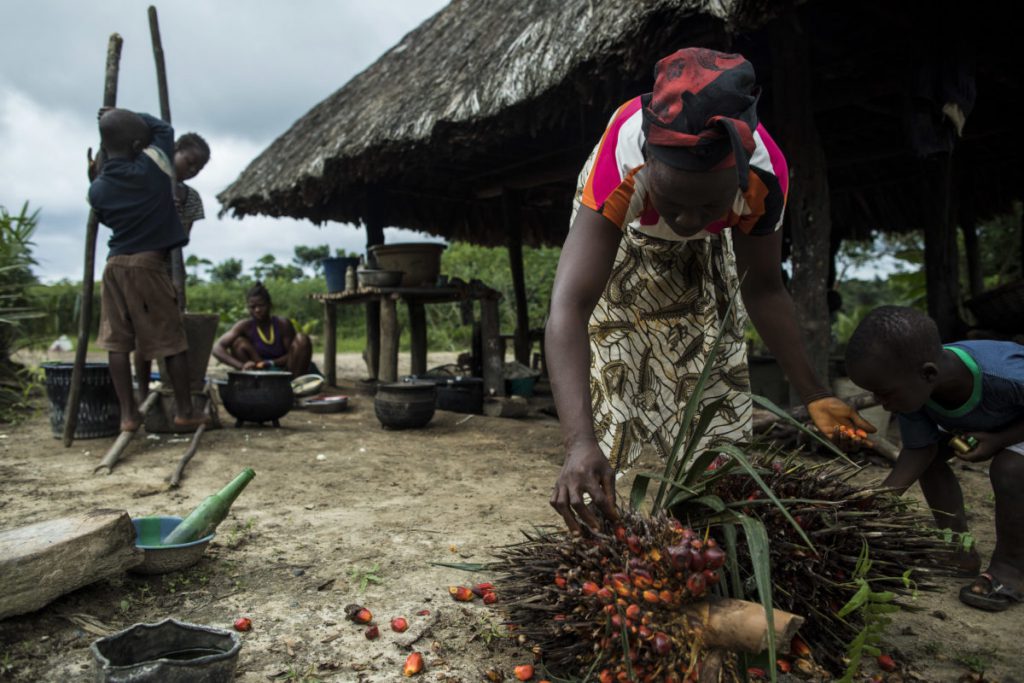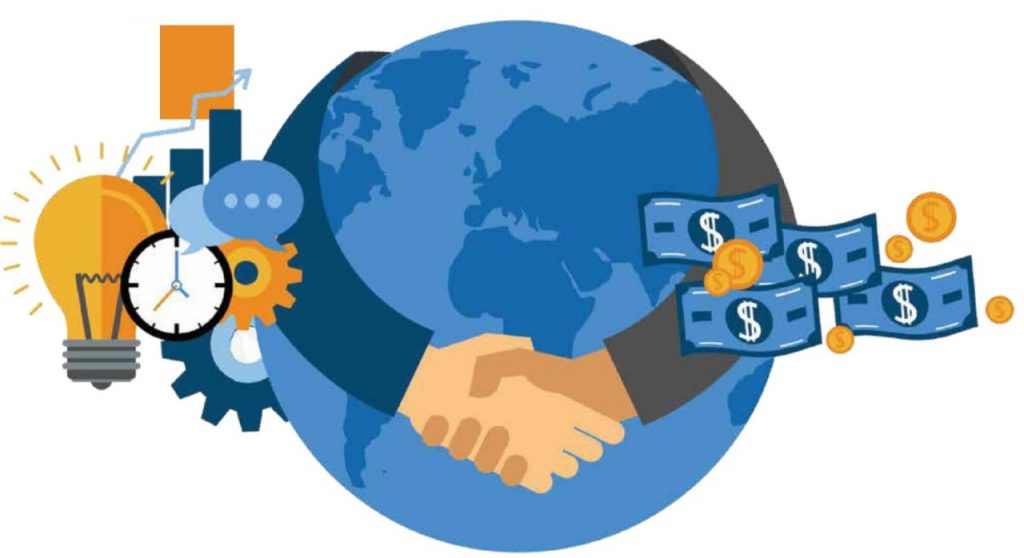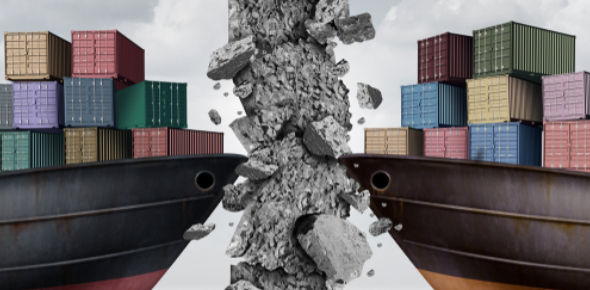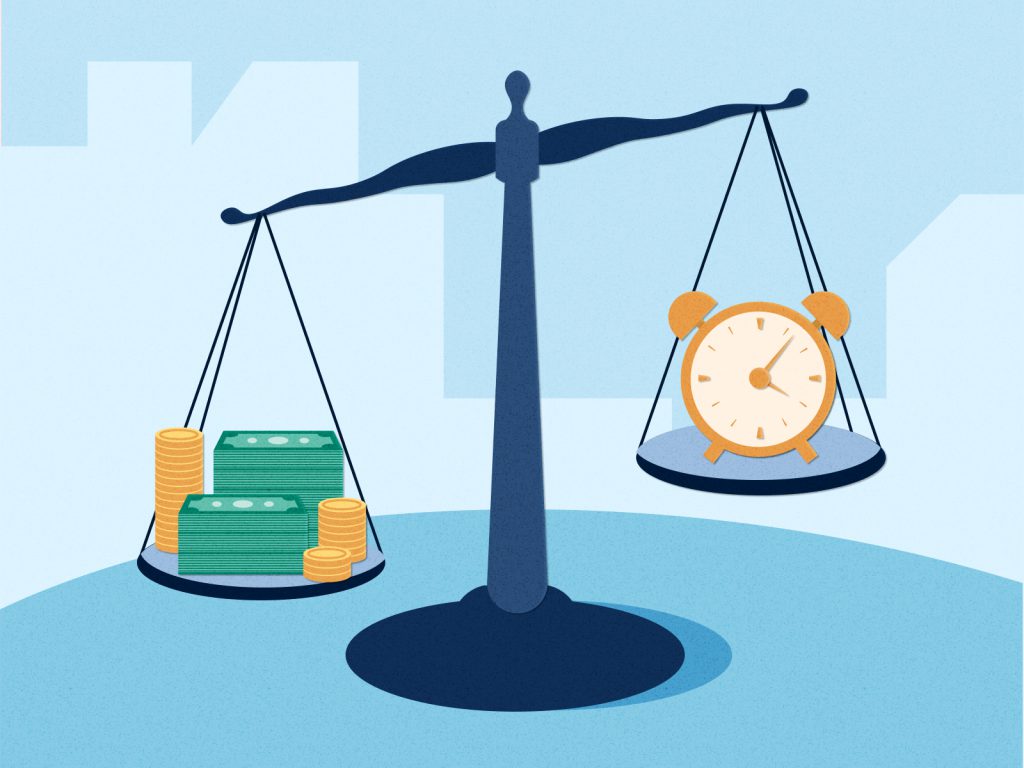
What is time value of money? Discuss how the expression “a bird in the hand is worth two in the bush” relate to the concept of the time value of money?
What is time value of money?
TVM (or Time Value of Money) is a concept that states that the money you have right now is more valuable than if you acquired the same amount of money in the future. Therefore, the faster you obtain the money, the more valuable it is. As soon as you can use the current money to gain some interest in the future, such money is preferable for investors because it makes the investment opportunity available (Corporate Finance Institute, 2019).
(more…)

